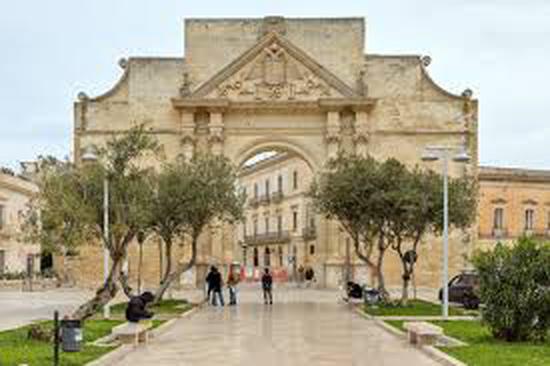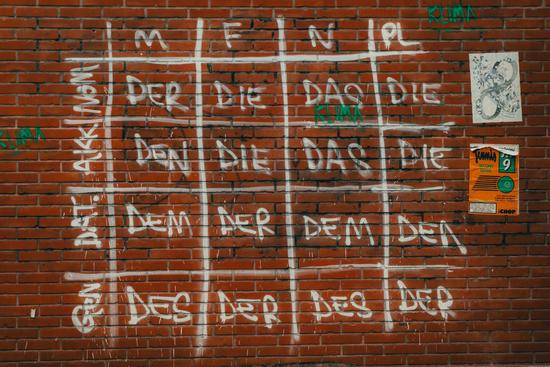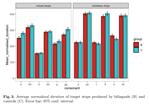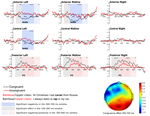Maud Pélissier
Maître de Conférences (Permanent lecturer) in Psycholinguistics and Second Language Acquisition
Université Paris Cité
ALTAE Lab
Department of English studies
Labex Empirical Foundations of Linguistics
About me
I am a Maître de Conférences (~Permanent lecturer) in psycholinguistics and second language acquisition at Université Paris Cité. My studies in English linguistics and cognitive science have led me to focus my research on the cognitive aspects of the acquisition and processing of English as a foreign language.
- L2 acquisition (syntax, morphosyntax, lexical stress)
- Electrophysiological correlates of L2 processing (ERPs)
- Bilingual reading
-
PhD in English linguistics, 2018
Université Paris Diderot
-
MSc in Cognitive Science, 2014
EHESS, ENS, Université Paris Descartes
-
MA in English Language Teaching and Didactics, 2012
ENS Cachan
Featured Publications
Other recent publications
Projects

CLIVaG
This is a research project on Cross-Linguistic Influence in Vowels and Geminates: Acoustic, perceptual and ERP study on L1 of late Salento Italian-French bilinguals, in collaboration with Marie Fongaro (PI) and Prof. Barbara Gili Fivela from the University of Salento.

GLITCH
A project investigating the impact of retrieval and spaced practice on L2 English grammar learning and the role of declarative and procedural memory.

INTEGRAL
A project investigating the impact of interleaving practice on the acquisition of inversion in main vs. embedded questions in L2 English by French learners.


